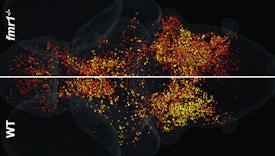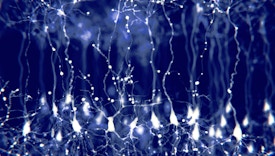
Linda Wilbrecht, Ph.D.
Professor of Psychology and Neuroscience, University of California, Berkeley
SFARI Investigator WebsiteLinda Wilbrecht is a professor of psychology and neuroscience at the University of California, Berkeley and a member of the National Scientific Council on Adolescence. The Wilbrecht lab currently studies how autism-related risk genes and food insecurity impact the development and function of cortico-striatal circuits in learning, behavioral flexibility, and decision-making. The lab primarily studies mouse models but in collaboration with the Anne Collins lab at UC Berkeley they have translated tasks and models between rodent and human subjects. To investigate developmental and experience-dependent changes in neural circuits, the Wilbrecht lab uses in vivo imaging and in vivo and ex vivo electrophysiology and optogenetics and DREADDs to test how changes in neural activity may influence behavior. Wilbrecht’s laboratory also uses computational modeling to refine their evaluation of behavioral differences and to better delineate the function of neural circuits.
Wilbrecht received her Ph.D. from the The Rockefeller University, where she studied with Fernando Nottebohm. She completed postdoctoral training at Cold Spring Harbor Laboratory with Karel Svoboda and at the University of California, San Francisco (UCSF) with Michael Merzenich.
She started her own research laboratory at UCSF in 2008 and moved to the University of California, Berkeley in 2013, where she received tenure in 2015. Major awards include the National Institute of Mental Health Biobehavioral Research Awards for Innovative New Scientists (BRAINS) and the Whitehouse Presidential Early Career Award for Scientists and Engineers.


